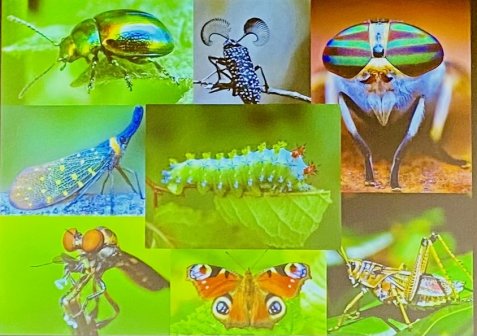Canaries in the coal mine
Posted by Catharine on October 28th 2022Gardeners have become the canaries in the coal mine. Out of the potting shed and into the path of lava flow. The pace and effect of climate change has settled squarely upon the Garden of Eden that is horticulture.
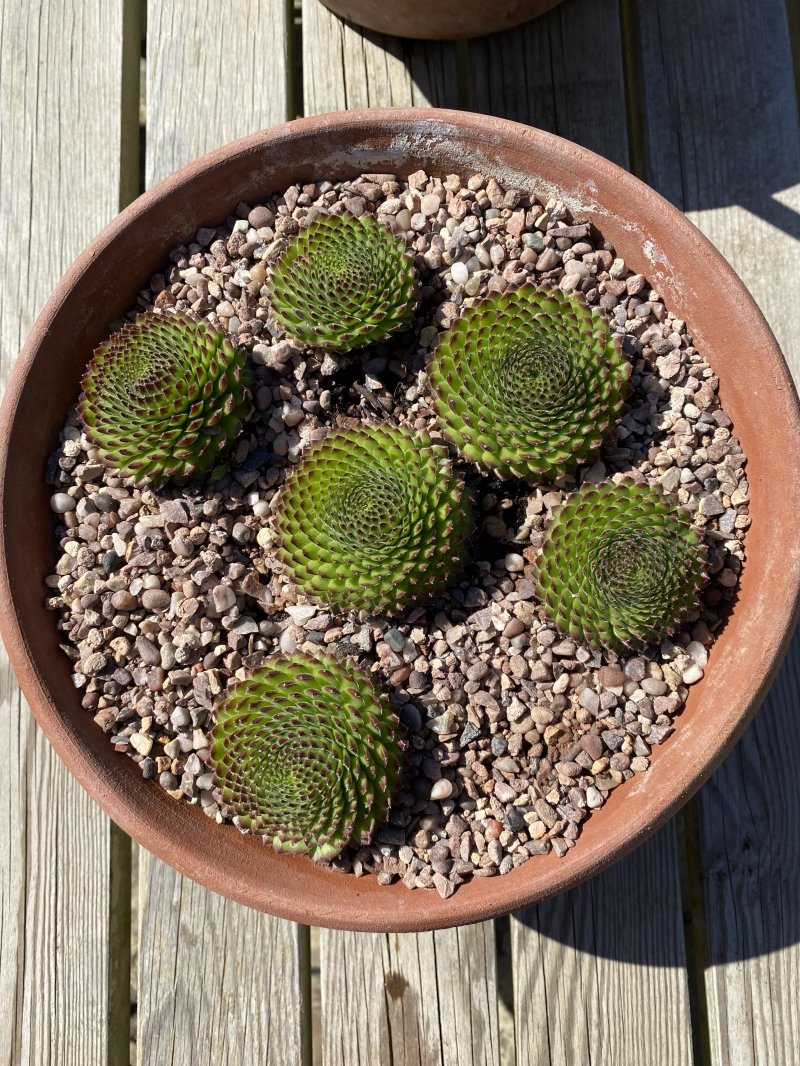
Conservation comprises an attention grabbing word cloud, enough to trip you up and leave you gasping for breath. More of that below but let me just tell you of the loss of number of our pollinators, down 60% in the last 20 years. Nature is in shock, heavily underscored by drought and high temperature in the UK this summer.

Beth Chatto Symposium on Rewilding the Mind was an opportune event in early September. We were all there to discuss, learn, swap ideas and come up with future proof strategies. The agenda was busy. We had pocket forests, brownfield sites, permaculture, beavers and rewilding, town planning, garden cities, hospital gardens, people, mental health and it all spilled out a rippling river of ideas, activity, advice and inspiration. The lovely Arit Anderson, like a fluent gondolier, steered the flow of words.
We were there to hear from the titans of the industry, all exceptional speakers and many of them household name. I’ve picked the 3 who really blew my mind. Watch out for these guys really carefully.
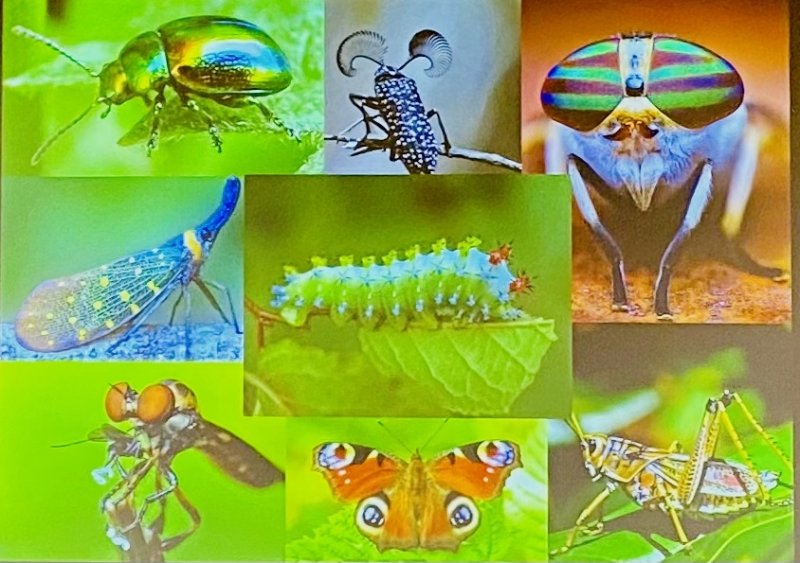
First up is Dave Goulson, entomologist, bee champion of the bumbles, author of many books and all pointing at the growing scarcity of pollinators and in their wake the rest of nature. The UK has lost 7 million acres of wildflower meadows since the 1930s. Can we turn this decline round?
We must. Major landowners have a duty to return 25% of what they own into broader mosaics. Roughly translated that means letting the hedges grow out into shagginess. That is natural regeneration - also remove intensive grazing pressure and all inputs of chemical. As garden owners, think this on the small scale and to link up areas of wildness to create corridors for pollinators and birds and animals. Read Dave’s books, do your bit and broadcast to other people
Leave graveyards and verges uncut.
Amongst the horti stars we had here, the nearest to the Spotify contender was Dr Mike Edwards of Sound Matters. He brought his didgeridoo along and gave us a long film clip on the sounds of nature, the regeneration of the mind with noise. It was an existential moment in a conference that had practical details at its core. Over on his website @soundmatters find seduction by singing soils and Moroccan orchestras.
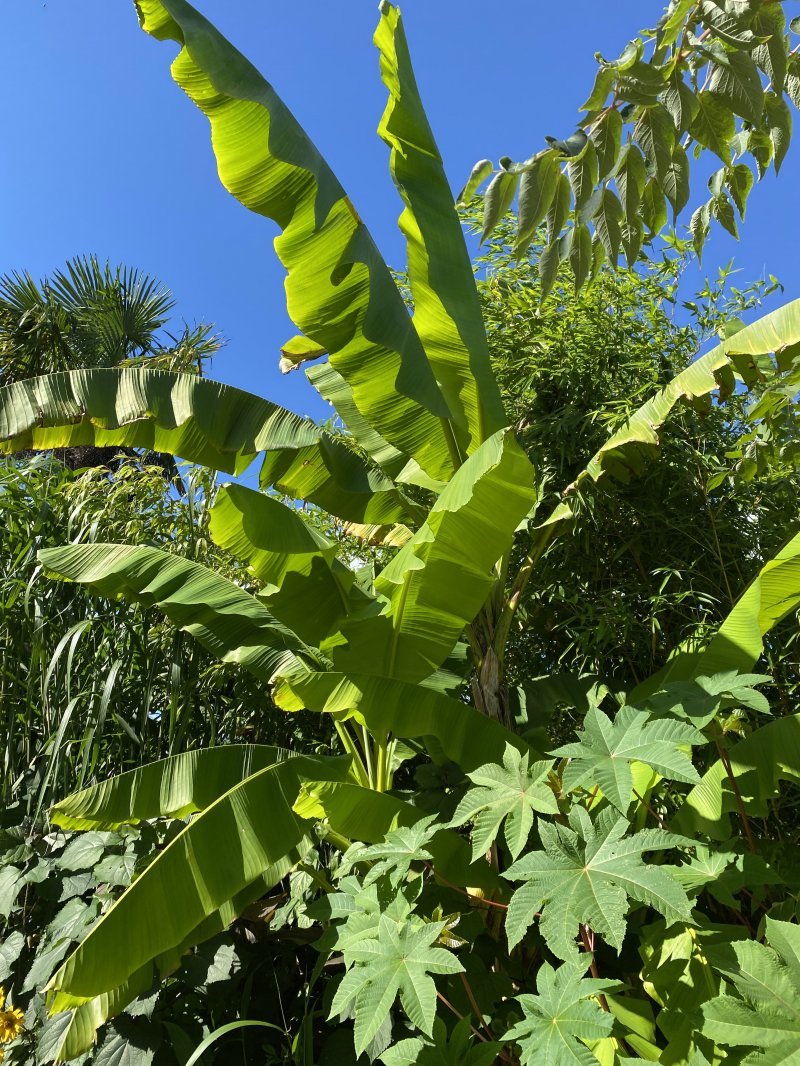
Ardit introduced John Little as a rock star: He talks well, is very much at ease and is utterly persuasive. He is also very involved in rocks. Planting into substrates made up of a series of experimental materials: sand from A13 road-widening scheme, crushed toilet bowls and lavatories. His garden down in Essex is a serious experiment in schemes that move away from using topsoil, providing expansive habitat for invertebrates, and in particular for solitary bees.
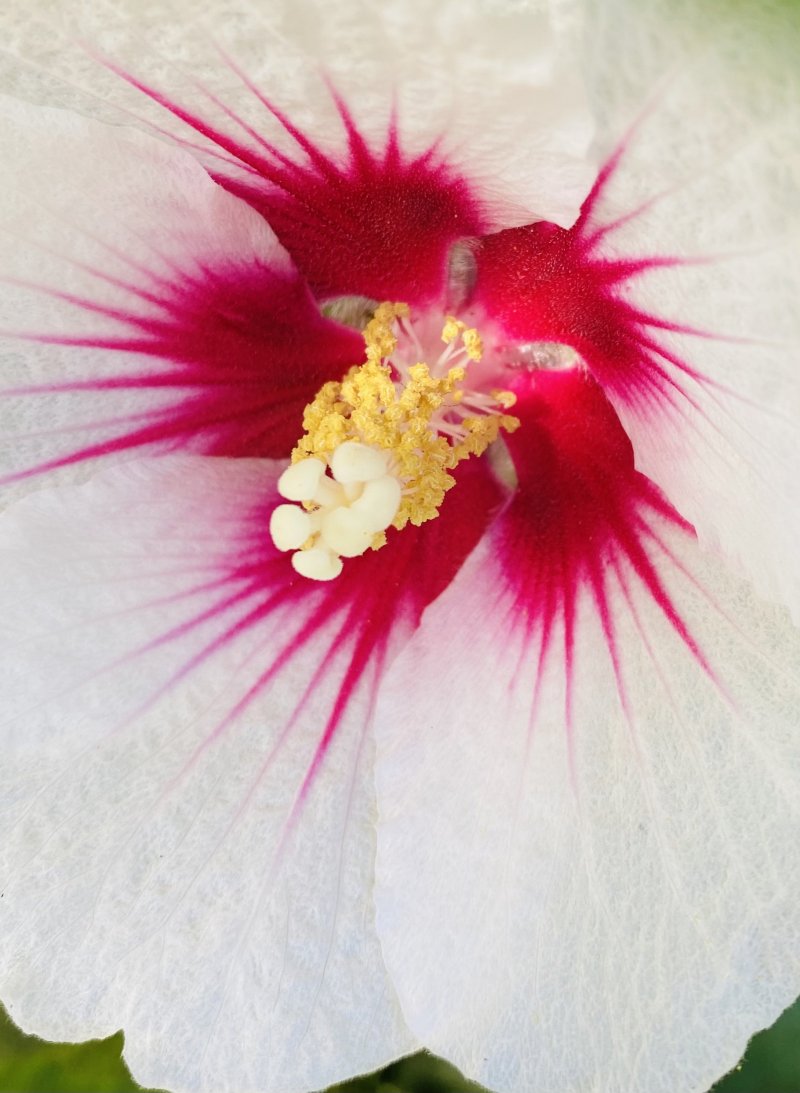
He has planting experiments which are the template for a harsh and drying summer climate. I came away with so many gleaned ideas. The most important is to share and tell so that we can all join in with making change happen.
